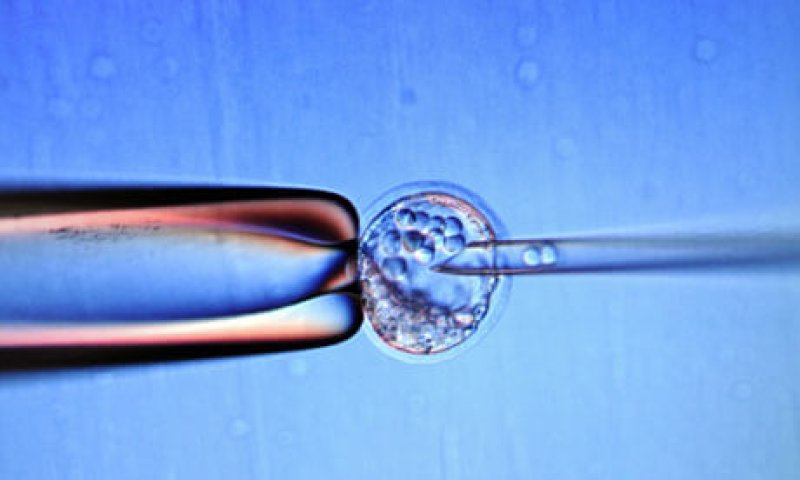The GLP aggregated and excerpted this blog/article to reflect the diversity of news, opinion and analysis.
Modern biology needs tools. One of the most controversial of those tools has proven to be crucial to explaining how the Zika virus causes brain damage in newborns.
Zika is poised to dwarf the threat of Ebola, which was never a significant danger to the United States in spite of the cable news-induced hysteria. But Zika is a different story. Public health officials expect the virus to spread in the southern states this spring partly owing to extensive travel to and from South America. It is already a serious problem in Puerto Rico. With the disease-carrying mosquito likely to be seen in the U.S. mainland soon, the White House will hold a one-day summit on the problem this spring.
Understanding the mechanism of Zika could open a pathway to preventing the condition in infants. Working together in an important experiment, scientists at several universities have found that the virus attacks stem cells early in pregnancy. Some of these stem cells will become neurons and form the cortex, the outer layer of the brain. It seems that the virus invades these cells, killing some and preventing others from dividing, which they must do to populate the fetal brain.
Read full, original post: How a Zika Virus Breakthrough Vindicates Stem Cell Research































